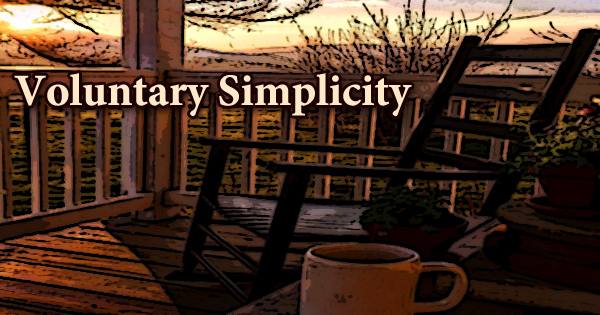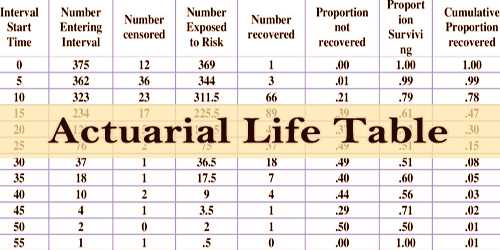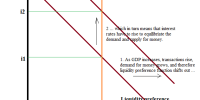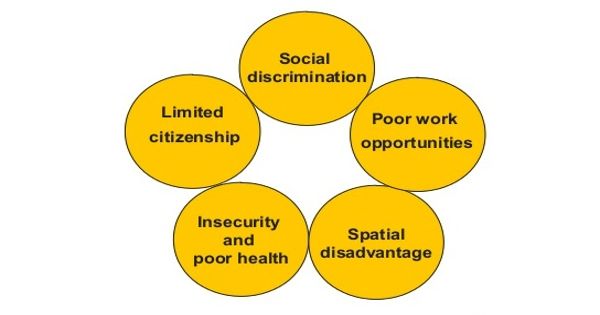Voluntary simplicity, often known as VS, is a way of living that involves avoiding unneeded stress, consumption, expenditure, and cravings. Even if they don’t wish to make voluntary simplicity the focal focus of their lives, they can practice it and reap some of its benefits. The main impetuses behind VS range from intensely close-to-home worries to basic public issues. With an emphasis on cognizant utilization, a side-effect of willful straightforwardness is a decreased carbon impression.
VS could entail downsizing from a large home to a smaller one, as many people do when they approach retirement age, in order to simplify their lives and save money. It could mean doing more cooking at home and dining out less, especially if cooking is a hobby of yours. It may likewise mean developing a few vegetables in your nursery as opposed to purchasing everything at the store. Whether in the private sector (the economy) or the public sector (the political processes), voluntary simplicity entails a desire to be more self-reliant and less reliant on vast, complex institutions.
Individuals who practice voluntary simplicity may work less hours to make more opportunity for them to would what they like to do. Since they spend and devour less, they need less pay to carry on with their way of life. If you’re in a position to do so, voluntary simplicity may entail cutting back on your work hours so you may spend more time with family or hobbies. Alternatively, it could imply ramping up your savings now in order to leave your employment for good sooner rather than later.
Voluntary simplicity ought not to be compared with living in neediness. Undoubtedly, impoverishment is from various perspectives something contrary to basic living in that destitution will, in general, make life a battle to keep up with oneself and gives little freedom to outperform oneself. Simple living is a personal choice, and there are numerous ways to incorporate it into your life. Spending less, decluttering, and practicing mindful consumerism are three simple strategies to get started.
Voluntary simplicity can be applied right now and does not involve any financial investment. In reality, it will very certainly necessitate the polar opposite: consumers will either spend less or not at all. Here are the steps to start living simply:
- Reflect on your goals: First and foremost, you must determine your life objectives. You don’t have to follow all of the rules of voluntary simplicity. You can, for example, choose to live simply in terms of material possessions while yet pursuing a prominent career. Find out what you want to get out of life and employ voluntary simplicity practices to help you get there.
- Spend mindfully: Once you’ve committed to the lifestyle, you’ll need to be more conscious of your purchases. Examine whether the purchase makes sense, if you genuinely require the item, and if it advances you toward your objectives; less can be more.
- Get rid of the unnecessary: Along with spending less, attempt to get rid of what you don’t need. Remove superfluous items, pressures, relationships, and time-eaters from your life. Space will become available when your surroundings and intellect become less cluttered.
- Consistently realign and calibrate: It’s likely that you won’t get it right the first time. You’ll get off to a wonderful start, but you might get off track at times. It’s critical to evaluate your development. Examine your actions and make sure they’re in line with your initial objectives. The calibration will assist you in living a simple life on a regular basis.
Voluntary simplicity is not a social panacea. It suggests social advancement towards what its disciples see as the insignificant prerequisites for long haul worldwide endurance yet that doesn’t itself fix the issues we face; rather, voluntary simplicity may give a premise from which cultural reactions with some drawn-out trust for progress can arise. Consumption is reduced, the speed of life is slowed, and needless cravings are minimized. The idea is to live simply, with less stress and greater fulfillment in mind.
Rehearsing voluntary simplicity can profit the interconnected parts of one’s life severally. Receiving such a way of life doesn’t need anything outside and can be begun right away. Voluntary simplicity is about wanting less in the first place, not just living with less of what money can buy. Its roots run far too deep into the wants and ideals of people all over the world to be dismissed as a reaction to a transient socioeconomic state.
Information Sources:
















